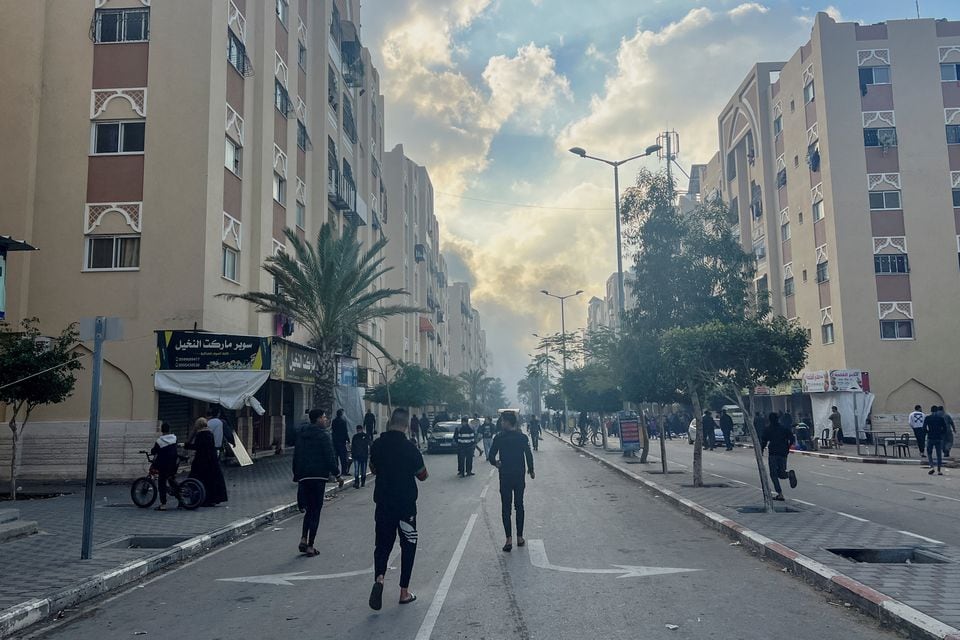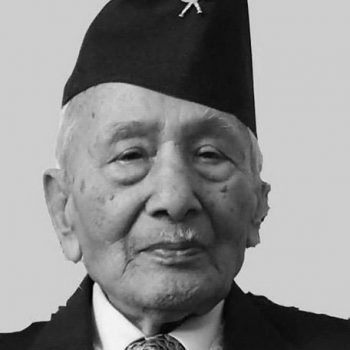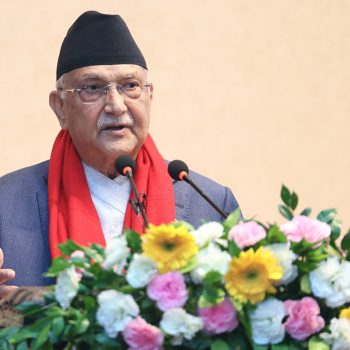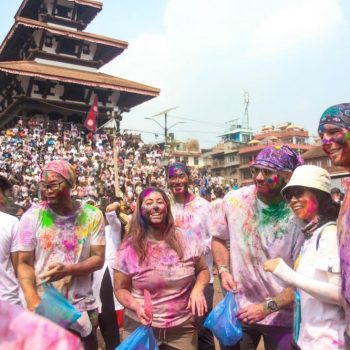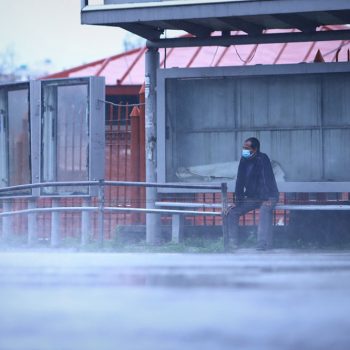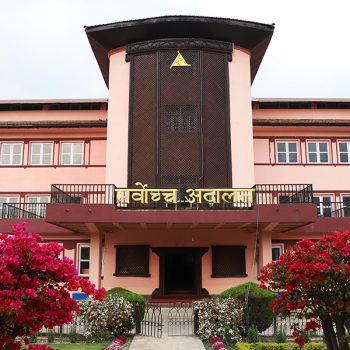Holy month of Ramadan begins for Muslims across the world
 NepalPress
NepalPress

The Muslim holy month of Ramadan began at sundown on Wednesday, as the faithful prepared for a month of dawn-to-dusk fasting intended to bring them closer to God and to remind them of the suffering of those less fortunate, Associated Press reported.
For the next 30 days, Muslims will refrain from eating or drinking anything — even the tiniest sip of water — from sunrise to sunset. Many will strictly observe prayers, read the Quran and donate to charity as they seek to draw closer to God. Family and friends will gather for joyful nightly feasts.
This year many will struggle to afford holiday treats amid soaring prices fueled in part by the war in Ukraine. Iran, Egypt and Lebanon are grappling with economic crises that have weakened their local currencies, making things even more expensive.
The holy month will also be shadowed by the suffering in Turkey and Syria, where an earthquake last month killed more than 52,000 people, and in conflict zones across the Muslim world, though there have been some encouraging signs of possible reconciliation.
“We used to look forward to Ramadan as the most beautiful month of every year,” said 19-year-old Rama Jamal, recalling how her family would decorate the house and sit together reading the Quran.
Now she lives alone in the war-ravaged northern Idlib province of Syria. After surviving more than a decade of war, her parents and brother were killed in the earthquake.
“Now I’m by myself, and there’s no mood of Ramadan, there’s no joy,” Jamal said. “I’m missing my family all the time, every hour.”
In the impoverished Gaza Strip, which has been under an Israeli blockade since the militant group Hamas seized power there in 2007, residents struggling to cope with higher prices also fear another war amid months of soaring Israeli-Palestinian violence.
“The prices of many staples have increased crazily,” said Mohammed Forra, a grocery store owner in the Gaza City. He said the price of cooking spices has doubled since last year.
More than 1.8 billion Muslims, who account for around a quarter of the world’s population, are expected to observe Ramadan. Islam follows a lunar calendar, so the month begins a week and a half earlier each year, cycling through the seasons, including the long days of hot summers.
The start of the month depends on the sighting of the crescent moon by local religious authorities and astronomers, and can sometimes vary from country to country. But this year there was broad agreement that it began Wednesday evening, with Thursday declared as the first day of fasting.
In Indonesia, home to the world’s largest Muslim population, worshippers flooded mosques for evening prayers after authorities declared that several Islamic astronomy observer teams had sighted the crescent moon in different regions. Muslim authorities in Saudi Arabia and several other Middle Eastern countries have also announced that Ramadan will begin Wednesday night.
Muslims believe God began revealing the Quran to the Prophet Muhammad during Ramadan more than 1,400 years ago.
The fast is one of the five pillars of Islam and is required for all Muslims, though exceptions are made for young children and the sick, as well as women who are pregnant, breastfeeding or menstruating. Travelers are also exempt, including athletes attending tournaments away from home.
Those observing the fast must refrain from eating, drinking, smoking and sexual intercourse from sunrise to sunset. They are also encouraged to refrain from cursing, fighting, gossip or road rage throughout the holy month.
Many Muslims, particularly those who live in the U.S. and Europe, are accepting and welcoming of others around them who are not observing Ramadan. They also are not expecting shorter work hours, as is the case in the public sector across much of the Arab world during Ramadan.
Eating or drinking in public during the day is generally frowned upon in Muslim-majority countries. In some, including Saudi Arabia and the United Arab Emirates — home to a large expatriate population in Dubai and Abu Dhabi — it can be punished by fines or imprisonment.
The normal bustle of cities dies down by late afternoon, with streets emptying and shops closing early. Muslims traditionally break the fast at sunset as the Prophet Muhammad was said to have done, with a sip of water and a few dates. Some can be seen happily indulging in a long-awaited cigarette.
After sunset prayers, family and friends gather for “iftars” — feasts with local holiday treats like candies and nuts. Mosques and charities set up outdoor banquets where the poor can eat for free each night of Ramadan. Muslims then wake up early for “suhoor,” a small meal eaten just before dawn.
Five-star hotels, particularly in wealthy Arab Gulf countries, host lavish iftars, and cable networks unveil big-budget soap operas, raking in millions in advertising. Both practices have been criticized by conservatives who fear Ramadan is becoming too commercial.
Ramadan culminates in Laylat al-Qadr, or the Night of Destiny, during the last 10 nights of the month, when Muslims engage in intense late night worship. Muslims believe this was the night God sent the Angel Gabriel to the prophet to reveal the first verses of the Quran.
After the last day of fasting, Muslims celebrate Eid al-Fitr, a festive three-day holiday in which children are often given new clothes and gifts.




